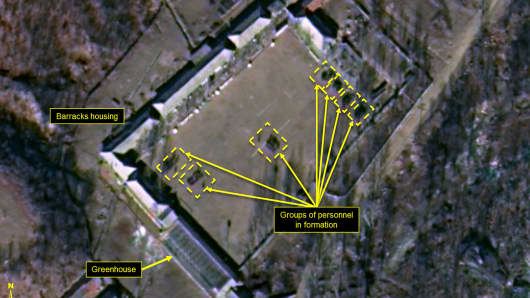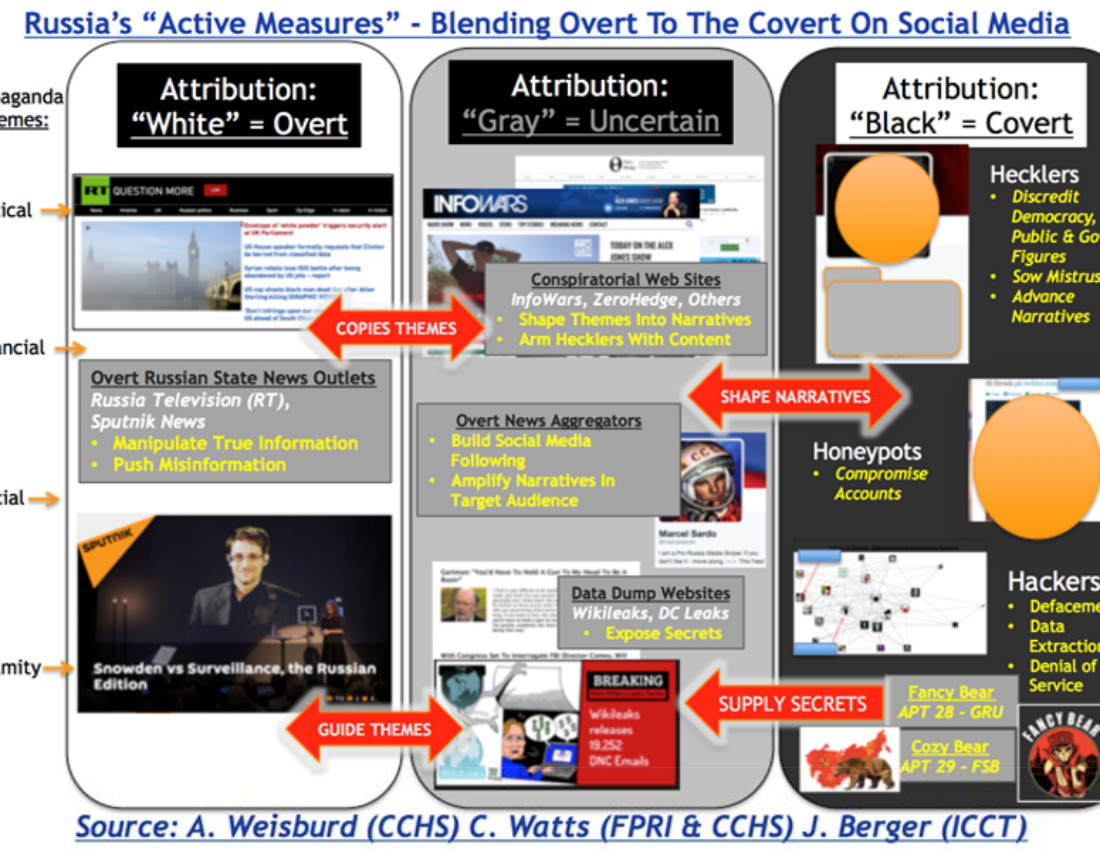Sounds precisely like the Obama IRS when it did the same thing. It is yet another kind of cyber war.If there is any doubt about Google CEO Eric Schmidt and Obama and Hillary –>
Clinton Status Memo Mentioning Google’s Eric Schmidt by Joe Schoffstall on Scribd
Google Punished Gudeman for His Views on Racism and Discrimination88. After being reported to Google, Google HR spoke with Gudeman in or aroundSeptember 2015 regarding his posts.89. Google HR discussed Gudeman’s viewpoints on race and/or gender equality, and hispolitical viewpoints. Google HR chastised him for attempting to stand up for Caucasian males and his conservative views.90. At the end of the HR meeting, Gudeman was issued a verbal warning.91. Gudeman complained to his colleagues about the lack of fairness that conservativesreceived at Google, and the leeway Google provided for liberals to express their thoughts and opinions without repercussions.92. After the 2016 presidential election, many employees at Google began to panic, havingexpected a different outcome fully in line with their political views.
131. Google’s management-sanctioned blacklists were directed at specific Googleemployees who tactfully expressed conservative viewpoints in politically-charged debates. In one case, Jay Gengelbach, a L6 SWE Manager, publicly bragged about blacklisting an intern for failing to change his conservative views.133. Kim Burchett (“Burchett”), a L7 SWE Manager, proposed creating an onlinecompanywide blacklist of political conservatives inside Google. She was kind enough to suggest to her readership that they might deserve “something resembling a trial” before being added.134. On August 7, 2015, another manager, Collin Winter, posted threats directed at a Google employee as a result of raising concerns of harassment and discriminationto Urs Holzle. Winter stated: “I keep a written blacklist of people whom I will never allow on or near my team, based on how they view and treat their coworkers. That blacklist got a little longer today.”135.Also on August 7, 2015, another manager, Paul Cowan, reshared Collin Winter’s threatto express his agreement with it and to indicate that he had also blacklisted Google employees with perceived conservative views. Cowan stated: “If you express a dunderheaded opinion about religion, about politics, or about ‘social justice’, it turns out I am allowed to think you’re a halfwit… I’m perfectly within my rights to mentally categorize you in my dickhead box… Yes, I maintain (mentally, and not (yet) publicly) [a blacklist]. If I had to work with people on this list, I would refuse, and try to get them removed; or I would change teams; or I would quit.”






